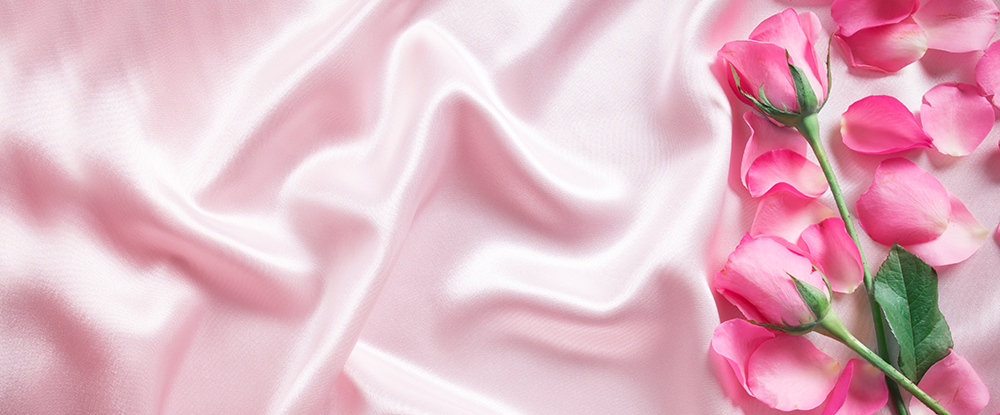How to Identify High-Quality Silk3 June 2024 | Admin
Understanding the key characteristics of high-quality silk can help you make informed purchasing decisions. Here are some essential tips to help you identify premium silk. Lustre and SheenHigh-Quality Silk: Has a natural sheen and a lustrous appearance. The surface of the silk will reflect light in a way that creates a soft glow. Low-Quality Silk: It May look not very interesting or have an artificial shine if it's blended with synthetic fibres. Touch and FeelHigh-Quality Silk: Feels smooth and luxurious to the touch. It should be cool to the touch initially but warm up quickly as it absorbs your body heat. Low-Quality Silk: Might feel rough, sticky, or overly slippery, indicating the presence of synthetic fibres. Weave and TextureHigh-Quality Silk: Has a consistent, tight weave with no visible gaps or loose threads. The texture should be uniform. Low-Quality Silk: May have an uneven weave, with visible gaps, slubs, or knots. Weight and DrapabilityHigh-Quality Silk: Has a good weight to it, which helps it drape elegantly and flow smoothly. It should feel substantial without being heavy. Low-Quality Silk: Can feel flimsy or too lightweight, affecting the way it hangs and drapes. Burn TestHigh-Quality Silk: When burned, real silk will smell like burning hair, produce fine ash, and stop burning when the flame is removed. Low-Quality Silk: Synthetic fibres will smell like a burning plastic, form a hard bead, and continue to burn after the flame is removed. Price and SourceHigh-Quality Silk: Generally more expensive due to the labour-intensive production process. Consider purchasing from reputable brands or sources known for their quality. Low-Quality Silk: Often cheaper, but be cautious of deals that seem too good to be true. Label and CertificationLook for labels that indicate 100% silk and certifications such as OEKO-TEX or Silk Mark (in India), which assure that the silk meets certain quality standards. Color and DyeHigh-Quality Silk: Dyed evenly with no streaks or spots. High-quality silk takes dye well and has vibrant, consistent colours. Low-Quality Silk: May show uneven dyeing, with streaks or blotchy areas. Sound TestHigh-Quality Silk: When rubbed together, high-quality silk can produce a distinctive, crisp sound known as the "silk rustle" or "scroop." Low-Quality Silk: Often lacks this sound. LongevityHigh-Quality Silk: Is durable and maintains its appearance over time if cared for properly. Low-Quality Silk: Tends to wear out or lose its lustre more quickly. By paying attention to these characteristics, you can better identify high-quality silk and make more informed purchasing decisions. |
|



